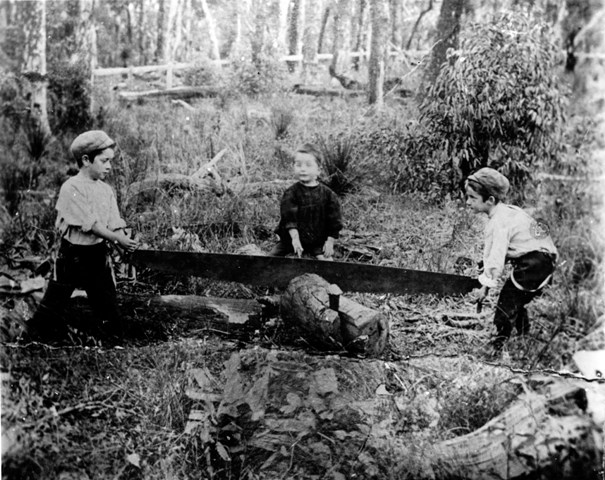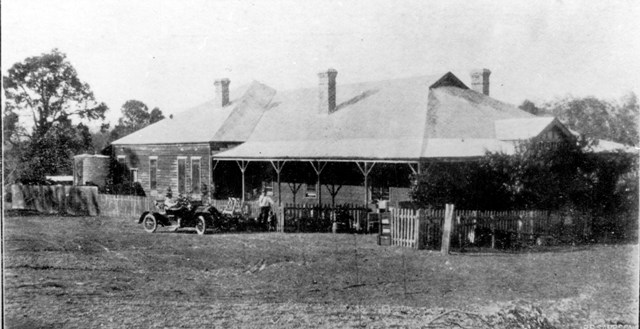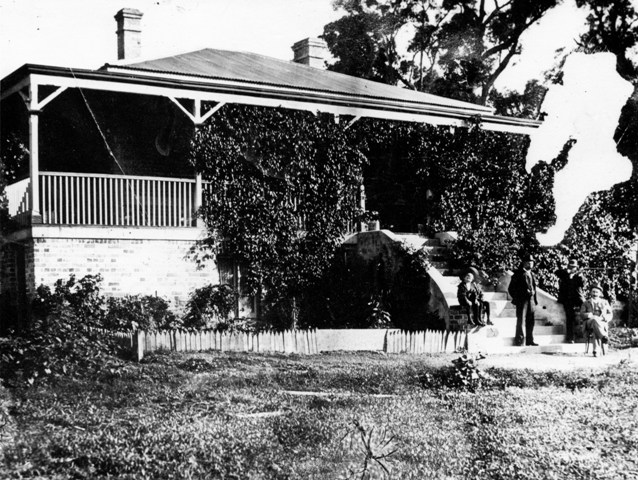CANNING MILLS
Canning Mills is a part of the Eastern Rural Districts area of the Shire of Kalamunda and is bordered by Pickering Brook, Carmel, Lesmurdie and Wattle Grove. Canning Mills is mostly occupied by Korung National Park and the Victoria Reservoir.
It was the terminus and main destination of the Upper Darling Range Railway during the early stages of its operation until 1912 when the line was extended.
Attractions
Korung National Park
Korung National Park is located around the town sites of Karragullen and Pickering Brook. The 6000 hectare park was formerly (and unofficially) known as Pickering Brook National Park. Korung National Park is popular for bushwalking and mountain bike riding. The Munda Biddi Bike Trail and the Kattamorda Heritage Trail run through parts of this park as well as several other walk trails including the Mason & Bird Heritage Trail and the New Victoria Dam Walk.
Victoria Reservoir
There are two dams at Victoria Reservoir. The Old Victoria Dam provided water for the city of Perth until 1991, when the New Victoria Dam was opened. Both dams cross the Munday Brook. The older dam was the first permanent water supply for the colony and also the first dam in Western Australia. It stood for almost 100 years before being replaced with the current dam. The new dam supplies water to the Perth Hills suburbs of Kalamunda and Lesmurdie, and also supplies the rest of the metropolitan area in times of peak demand. The area is not open to full public access; it can only be visited by the public via walking trails. Parking is only allowed well above the dam. Access to the picnic tables and the dam is via an 800 metre rough bush track, a flight of wooden stairs and then a bitumen road. Signage indicates no public to use bitumen access road. There are picnic areas at the head of the steps, and below the dam wall is another grassed picnic area. The Victoria Reservoir Walk Trail starts from the dam access road off Mason Mill Road in Carmel. The 6km trail will take you on a picturesque and enjoyable walk in Korung National Park. The trail is marked by lilac coloured triangle markers.
History
Canning Mills takes its name from the timber milling operation established in the area. In 1889 a concession to cut and export Jarrah timber from the vast forests in the Darling Ranges, was purchased from the State Government by Edward Keane (A shrewd businessman, member of State Parliament on several occasions, and twice Lord Mayor of Perth)who was at that time engaged in the construction of railways in the State of W.A. and needed a regular supply of timber for railway sleepers. In 1888, Keane and his brother-in-law Lionel White set up their timber mill in location 164,(a few miles south of Kalamunda), which became known as the Canning Timber Station trading under the name of Lionel White & Co. This company was taken over by the Canning Jarrah Timber Company, a company set up by Keane in Victoria. Part of Keanes timber license was a condition that a railway line connecting the mill and the Government Railway at Midland be constructed and operated by the company to carry freight and passengers for a period up to January 1900, when the Government would have the option to buy the line.
At the height of its operations the Mill and its associated railway system employed some 150 men, who with their families formed a community of approximately 400 persons including between 30-40 children. A mill-township comprising of company owned houses, a hall (which served as a Church, a meeting place,and a school), a company store/post office, a substantial Managers Residence and a resident Doctor, all of which, together with the privately owned “Forrest Inn”(an establishment well known for its food and accommodation) completed the small township located just North of the Mill Site. In fact, the first telephone in the hills area was installed by the company to connect the mill office to the company head office in Perth.
Whilst the mill ceased operating sometime between 1903 and 1905, the village carried on in a smaller scale serving the local community of small timber millers and orchardists, for a period of approximately 40 years. However, the de-licensing and subsequent demolition of the “Forrest Inn” in 1925, plus the closure of the state owned Upper Darling Range Railway in 1949 signaled the end of this small community, and today no trace of the village remains except for a few piles of rubble hidden in the bush alongside the present Canning Road, and of course the name of the locality – “Canning Mills”.
(Contributed by John Ellison, Archivist, Kalamunda & Districts Historical Society Inc.)
[Historical images for community profiles are contributed by The Kalamunda Historical Society]
Canning Mills children

Canning Mills Forrest Inn

Canning Mills managers house
